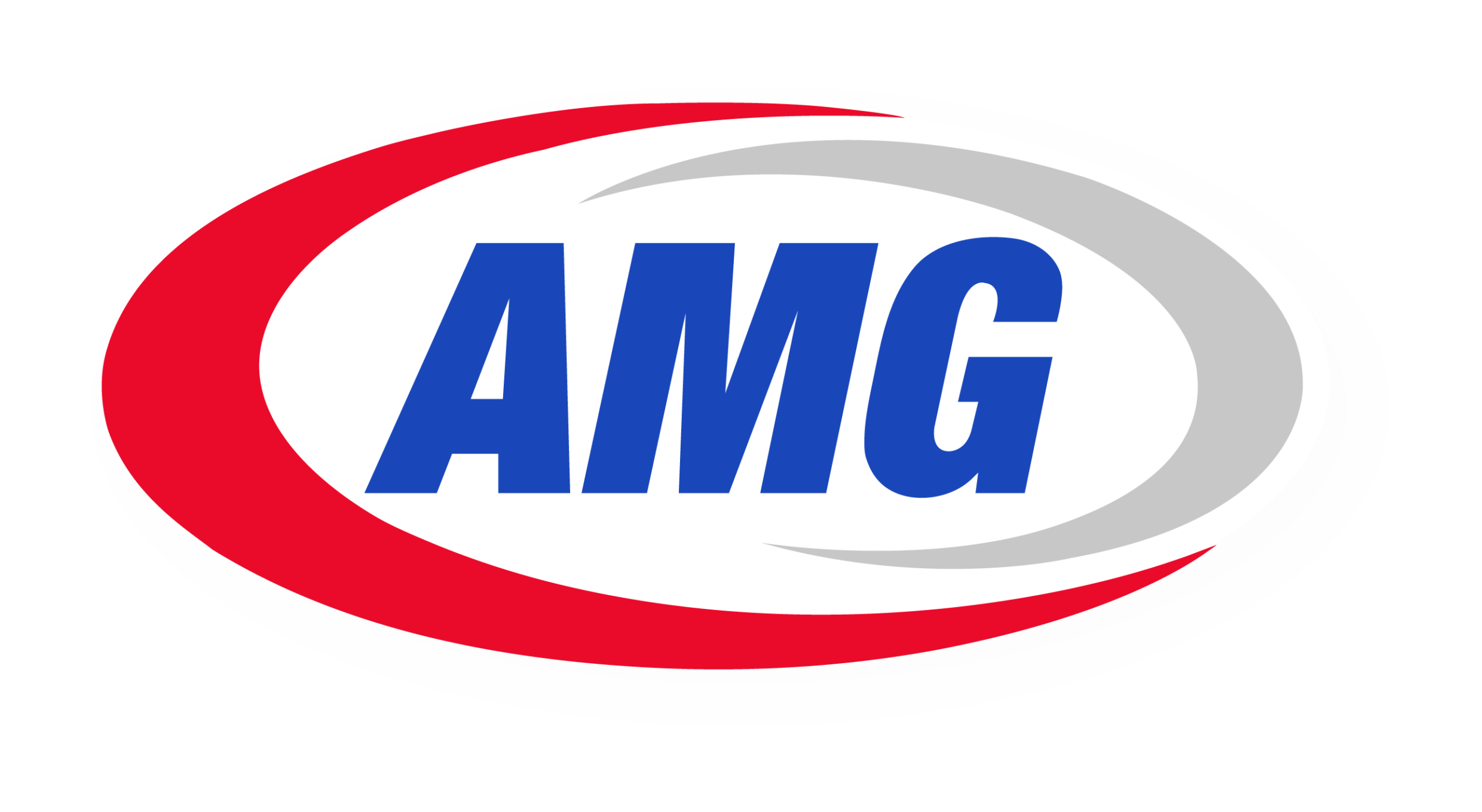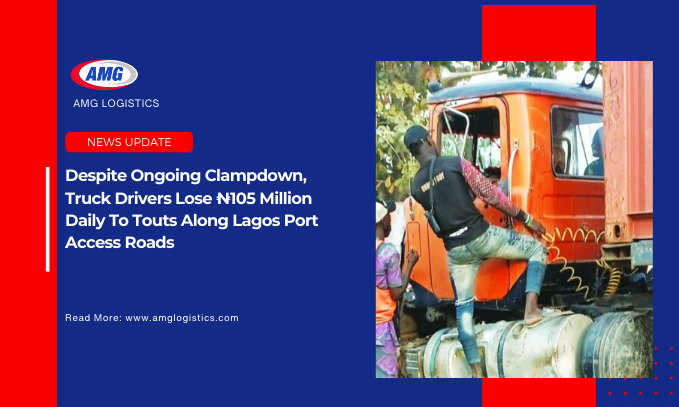Despite recent efforts by the Lagos State Government to clamp down on rampant extortion at illegal checkpoints set up by deviant touts and other non-state actors along the Mile 2 – Tin Can and Ijora – Apapa port access roads, truck drivers transporting goods from Lagos ports have claimed that that they are losing more than ₦105 million each day due to these activities.
Shipping Position Daily investigations revealed that truck drivers still face up to 30 unauthorized stops along access routes from Apapa- Ijora and Mile 2- Tin Can Island ports, where they are forced to pay fees ranging from ₦2,000 to ₦5,000 per checkpoint.
Stakeholders estimated that about 7,000 trucks transit Apapa and Tin Can ports daily using these routes. They lamented that the extortion costs have become a massive financial burden on haulage operatprs.
At an average payment of ₦5,000 per checkpoint, these illegal tolls add up quickly, hitting approximately ₦105 million daily.
Despite ongoing enforcement actions, which include periodic raids on hotspots, the issue persists, as stakeholders noted that these criminals still scantily operate during the day and often carry out operations late at night, ambushing unsuspecting truck drivers.
Speaking with Shipping Position Daily last week, a chieftain of the Association of Maritime Truck Owners (AMATO), Rilwan Bello, shed light on the current situation of trucking along port access roads.
According to Bello, AMATO has taken up the mantle of addressing persistent issues within the industry, particularly around export-loading trucks and the alarming activities of criminal elements.In a chat with our correspondent, Bello shared his experience of narrowly avoiding significant losses when his own export-laden truck was targeted by thieves in Ijora.
“These boys cut the seal of the container, thinking it was carrying goods like cashew or cassava they could steal,” he said, recounting how criminals on motorcycles have developed a pattern of targeting export-bound trucks by cutting seals and stealing their contents at night.
Despite efforts to curb the activities of non-state actors in the trucking industry, Bello acknowledged that remnants of these groups continue to operate. “We chased some of them from collecting illegal money, but there are still minute numbers of them causing problems along the Tin-Can route,” he said.Bello further emphasized the strides made in restoring order, noting that previous checkpoints set up by criminal groups along the Tin-Can to Mile 2 axis, sometimes totaling as many as 30, have now significantly reduced to about 5 checkpoints.
Bello highlighted additional challenges posed by state actors such as Military Police and regular Police officers, who continue to demand bribes at various checkpoints along the Tin-Can corridor. He criticized the failure of the ‘eto’ truck call -up system, which was initially introduced to eliminate human interference in trucking operations.While efforts to address the influence of non-state actors have made progress, Bello emphasized that state actors’ interference remains a pressing issue.
He assured that AMATO is committed to reducing these illegal checkpoints and fighting back against all forms of corruption in the sector.According to a truck driver at Sun Rise bus stop who spoke anonymously to our correspondent, the extortion, which ranges between ₦2,000 and ₦5,000 per checkpoint, has become a recurring issue that disrupts port operations and increases the cost of doing business in the area.
The driver lamented the persistence of these illegal activities, stating that, “this issue of touts in Lagos has become an epidemy. It is very serious, and wiping them out will be very tough because these are the same people politicians use during elections. It’s like their way of settling them.”He described how extortion is rampant along critical points, including the route from Mile 2 to Alakija and beyond. “If you’re going from Tin Can to Mile 2, they collect any amount from you. At Durban Junction, they collect ₦5,000.
When you move from Durban to Alakija, before the bridge, there are more touts. They collect ₦5,000. After Alakija, at Abule Ado, they collect around ₦2,000 to ₦3,000. Sometimes our boss gives us ₦30,000 to ₦50,000 to pave the way for the container to move”, he added.On his part, the General Secretary of AMATO, Bala Muhammed refuted claims of extortion and illegal toll collection along Lagos’ trucking routes, highlighting AMATO’s relentless fight against bandits and extortionists who target truckers, particularly during vulnerable hours of operation.
Speaking about a recent raid, Muhammed disclosed that the monitoring team of the Police Assistant Inspector General (AIG) had carried out a coordinated operation in Kirikiri area of Apapa, leading to the arrest of several individuals involved in extorting truck drivers. He emphasized that these criminals often carry out “hit and run” operations late at night, ambushing unsuspecting truck drivers.
The AMATO Secretary informed that there are about 3,000 to 4,000 trucks coming out every day, and altogether, including those from Apapa and Tin Can, the number rises to about 7,000 trucks.
While significant progress has been made in reducing illegal checkpoints, Muhammed highlighted how certain truck drivers exploit their employers by falsely claiming that illegal tolls are still being collected, in order to pocket extra money.
“They’ll go and tell their bosses that people are still collecting money on the road so that their bosses will disburse funds.
Once the money is disbursed, the drivers just pocket it.” he saidThe AMATO Secretary reassured truck owners that with the introduction of the official LASTCOC ticket by the Lagos State Government, drivers are not required to pay any illegal tolls.
“Once you have your LASTCOC ticket, you’re not going to pay anything. Nobody should be harassing you,” Muhammed emphasized, urging truck owners to be vigilant and not fall victim to false claims from their drivers.





